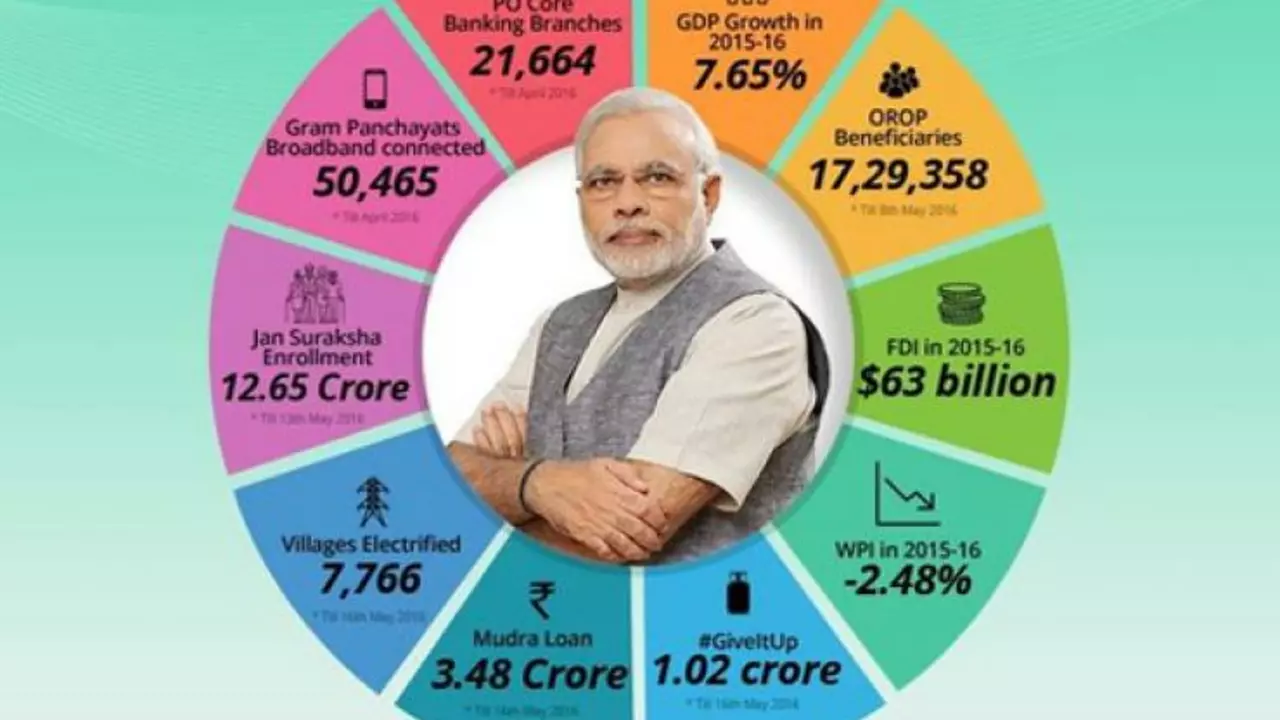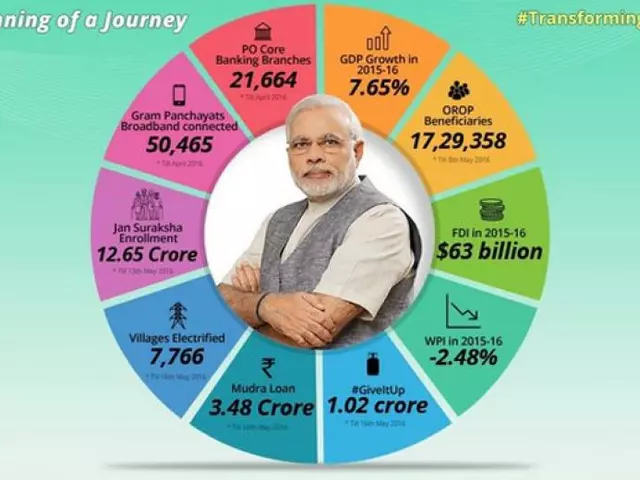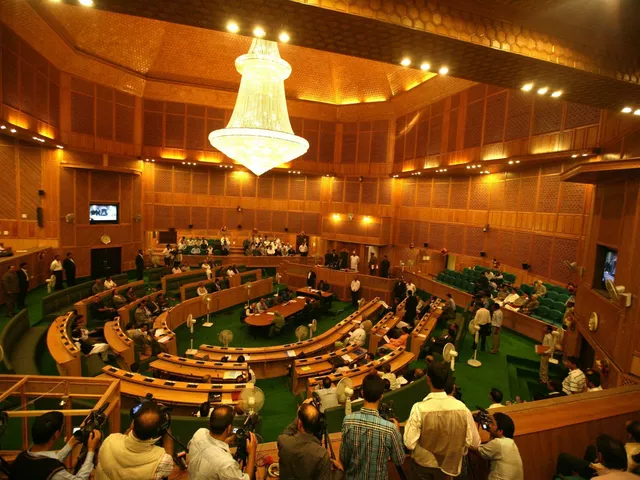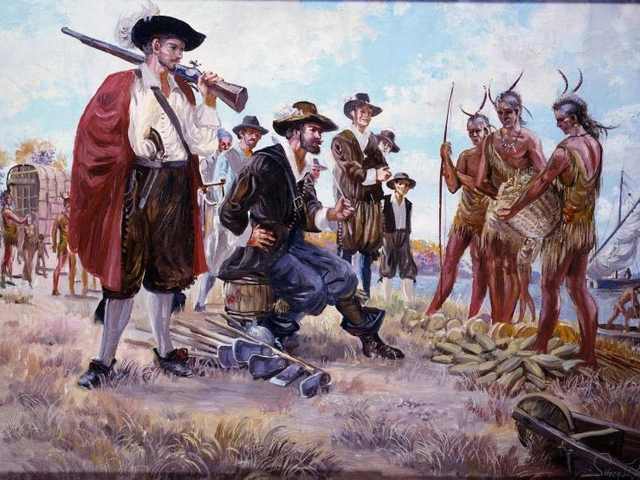
Dissecting the Roots of Political Dynasty
As an ardent follower of politics, my beagle, Pepper, and parrot, Nimbus, are often the unknowing listeners to my passionate monologues on political dynasties. I, Aarav, often take to dissecting various national and international political structures, and recently the powerful words of PM Modi have been echoing in my mind, "Political dynasty is the biggest enemy of democracy." Does democracy really run the risk of being usurged by political dynasties?
Living in a democratic country, we'd like to think of our nation as a bastion of equal opportunities. Everybody, regardless of their lineage, should have the same shot at running for political offices, right? But the ugly truth that floats around slyly in this grand democratic set-up is this rather unpalatable truth of political dynasties. In my next few words, I'll attempt to lay out an extensive philosophical dive into political dynasties and their effects on our dear democracy.
The Mechanics of Dynastic Politics
In my pursuit to understand political dynasties, I can't help but remember Pepper's puppy days. The way he unabashedly claimed all the toys, reminding me of how some politicians feel entitled to power just because their forefathers held influential positions. Political dynasties, essentially, are a sequence of rulers from the same family, typically established by a founder who remains influential throughout successive generations.
The workings of political dynasties are often looped in a circle of inherited privilege which, when not balanced with meritocracy, lays the groundwork for cronyism, nepotism, and in the grander scheme of things, corruption. This ruins the very foundation of competitive, fair, and merit-based democratic systems. Political dynasties run as smoothly as a well-oiled machine, with the power baton being smoothly transferred from one generation to the next, often devoid of any genuine public scrutiny or opposition.
Witnessing Democratic Eclipse
Political dynasties, although not inherently undemocratic, risk eclipsing democracy by exerting an undue amount of influence and power. The democratic process, at its core, values equal opportunity, and the persistent domination of a particular family certainly raises questions about the fairness of the system. It's like Pepper never letting Nimbus have the comfy bed, even though he has a perfect bed of his own!
With political lineage often comes an unfair advantage of resources, name recognition, and an established political network. These factors could potentially stifle competition, discourage capable and deserving candidates, and result in policy choices that favor the elite. In the long run, this puts a strain on the democratic fabric of the nation, questioning the very ethos of a government 'by the people, for the people and of the people'.
Political Dynasties: A Global Play
This does not just affect our country. When I took a world tour two years ago, I found that political dynasties are not exclusive to one particular region or culture. It appears to be more of an omnipresent reality, as evident in countries such as the Kennedys in the US, the Trudeaus in Canada, the Bhuttos in Pakistan, the Lees in Singapore, among others.
Political dynasties seem to have made a comfortable nest everywhere, managing to weave an intricate web around democratic establishments. Interestingly, the existence of these dynasties in various democratic nations only cement the fact that democracy is vulnerable and can potentially be exploited.
A Ray of Hope: Emergence & Importance of Meritocracy
But as Nimbus would squawk, when there's a will, there's a way! Just as my determined parrot has found ways to take control of the comfy bed, I do see a glimmer of hope pushing against the dynastic powers. The beacon of this hope is meritocracy, the system that promises governance by individuals selected on the basis of their talent.
Meritocracy, when fully realized, holds the promising potential to diminish the power of political dynasties. It shines the light on deserving individuals who might have been previously eclipsed by the influential lineage of political families. A shift from dynastic politics to meritocracy isn't just a good idea but also a dire need to ensure that democracy doesn't lose its shine.
Towards A Resilient Democracy
Just as Pepper and Nimbus have learned to coexist peacefully, I believe that a day will come when political dynasties and democracy could coexist without the overshadowing element of nepotism and cronyism. With a well-informed electorate that values capability over lineage and a robust system that upholds meritocracy, we can probably alleviate the negative impact of political dynasties on democracy.
As PM Modi rightly highlighted the possible threats of political dynasties on democracy, it's imperative that we look beyond the family legacy while electing our leaders. After all, the essence of democracy lies in the collective wisdom of its people- not in the pages of a family lineage. That said, navigating this tricky dynastic labyrinth wouldn't be as easy as walking Pepper or teaching Nimbus a new trick, but with collective efforts, the shift towards meritocracy and resilient democracy is plausible.







Write a comment